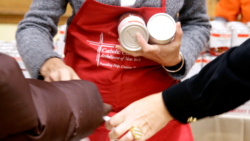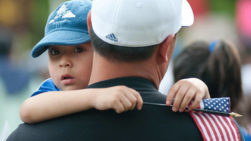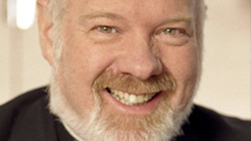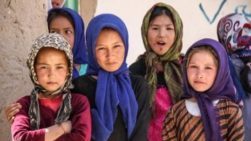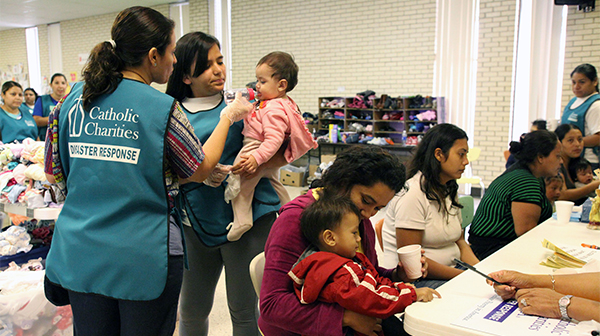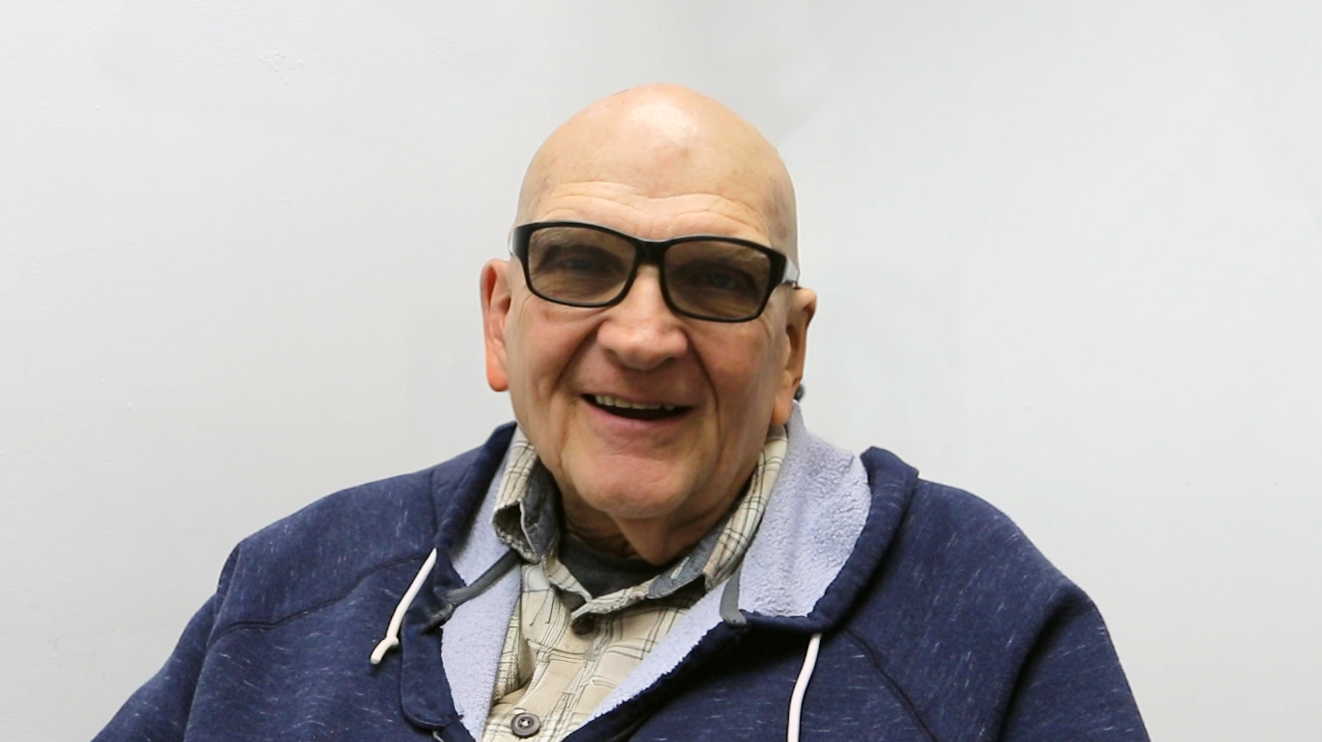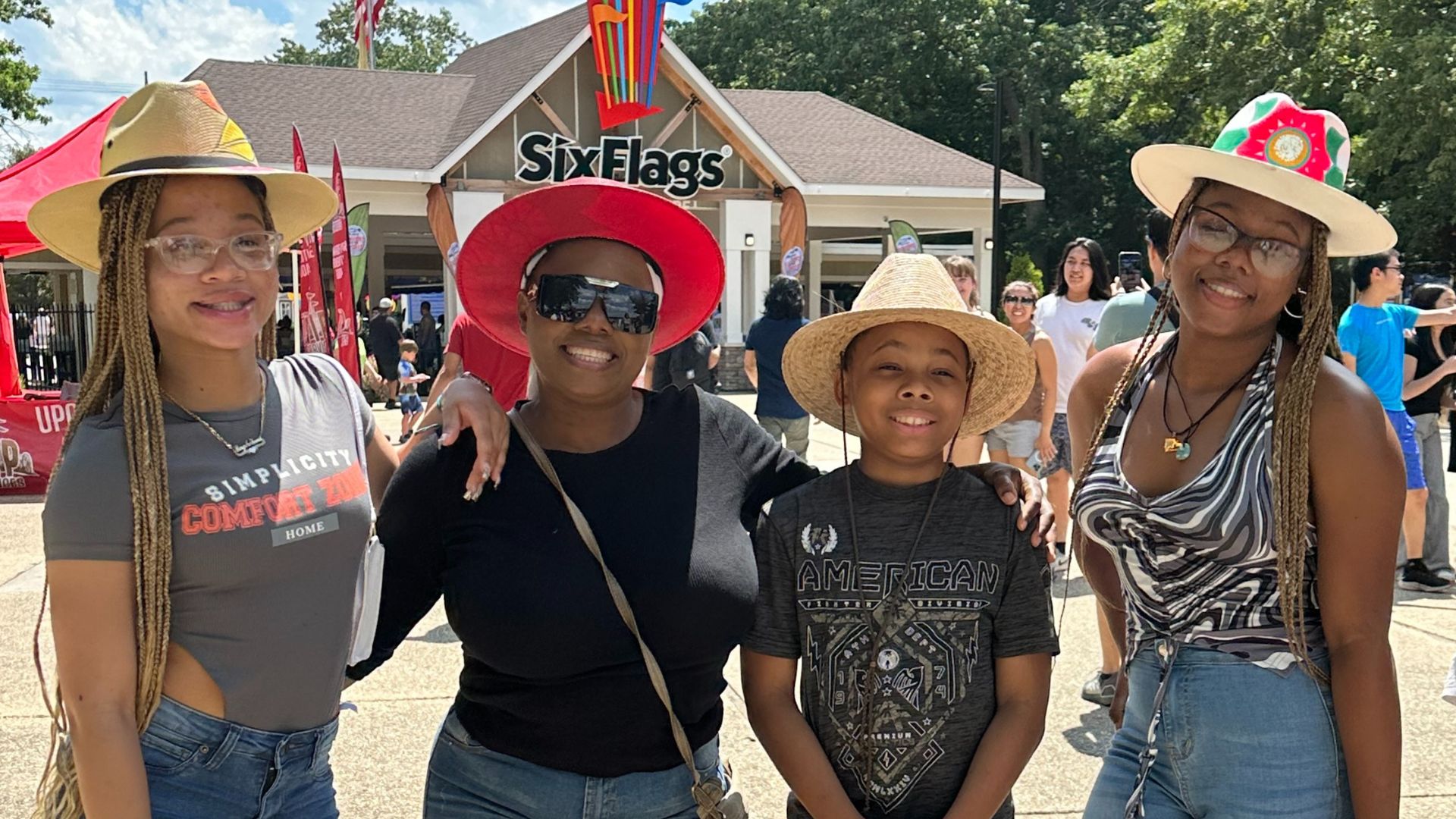Immigration has been a potent issue in 2019 and 2020 promises no different. Federal policies continue to squeeze and crunch the infrastructure that supports lawful immigration and continually creates new legal challenges for organizations whose mission it is to protect the rights of all people. January 5-11 is National Migration Week, what better time to take a new look at this issue.
If you’ve followed us at Catholic Charities of New York then you know we have helped tens of thousands of vulnerable immigrants and refugees by connecting them with legal, resettlement and integration services. But I had a conversation with the Director of Refugee Resettlement for Catholic Charities Community Services, Kelly Agnew-Barajas, and got my eyes opened to some vivid, on-the-ground realities to watch for in the near future.
ASYLUM AT THE BORDER
When an asylum seeker comes to the United States fleeing a dangerous life and looking for a safer one, they don’t get to enter until they’ve proven their case. They have to prove they are, or would be persecuted on the basis of race, religion, nationality, membership in a particular social group, or adherence to a certain political opinion.
Kelly explained that the criteria for proving this credible fear of persecution has become stricter. Certain policies, like the ever-shrinking annual refugee admittance ceiling (now at 18K, down from 110K in 2016), further complicate the possibility of successful refugee resettlement.
MIGRATION PROTECTION PROTOCOLS
The “remain in Mexico” policy that currently exists prevents refugees and asylees from entering the US while they seek resettlement. This means caseworkers can’t connect with the immigrants as they were once able. Without the legal assistance and services that resettlement caseworkers could previously provide, immigrants face growing delays and cases pile up.
Then, as the number of pending cases grows (there are upwards of 100,000), the system only gets more stretched and incapable of handling the workload. Delays grow longer. Furthermore, Kelly explained, “when people who are waiting at the border are finally assigned a trial date, they may have to travel hundreds of miles to get to their trial location.” There is a troubling difficulty to connect immigrants with resettlement services. In fact, the Refugee Council USA, an advocacy group for NGO refugee resettlement agencies nationwide report that 51 resettlement programs have closed and another 41 offices have suspended services in 23 states.
BLURRING THE LINES
“Refugee resettlement has never been a political issue,” Kelly said in the context of new policies that are doing just that, politicizing resettlement. “It’s important to remember that about 70% of resettlements are family reunifications. These are people trying to reunite with family that are already in the United States.”
In September of 2019 the president issued an executive order which, according to an article in the New Yorker, requires every “local and state jurisdiction sign a consent letter in order to resettle refugees. If a governor or county commission failed to produce a letter, the U.S. State Department, which oversees the process, would effectively consider that jurisdiction ineligible for resettlement.” No signed letter, no resettlement. It takes advantage of the slowness of bureaucracy. Despite this obvious barrier, on the positive side, compliance with the new policy has been good.
THIS IS NOT A MEXICAN ISSUE
While things like ‘walls’ and ‘caravans’ might bring the focus of immigration and asylum seeking to our southern border, refugees come from everywhere. A significant portion of people seeking asylum are LGBTQ and coming from countries where it simply isn’t safe to be gay. In some African countries, as well as in places like Jamaica, Chechnya, or Russia homosexuality is illegal or culturally abhorrent. There are also Christians fleeing from Syria and Iraq, or the oppressed Garifuna people in Honduras. “This,” says Kelly, “is a global issue.”
PEOPLE CARE
Don’t despair. “People care,” Kelly reassures. “We work with community partners, and form coalitions to keep this work going. There is solidarity among local, city and state agencies, like the New York State Office for New Americans, the Mayor’s Office of Immigrant Affairs and the Catholic Charities Refugee and Resettlement Services. Together, we are connecting immigrants with things like health insurance, job training and placement, education – any kind of services they need to become independent.”
She explained in very emotional terms just how generous churches, parishes, synagogues, community centers, and everyday New Yorkers have been when it comes to giving to those who need help. “It’s really moving, how people step up when they know others are in need.
“I call it the backlash to the backlash.”


